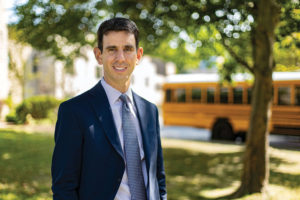
Reflections from Michael Kay
A Message from our Head of School
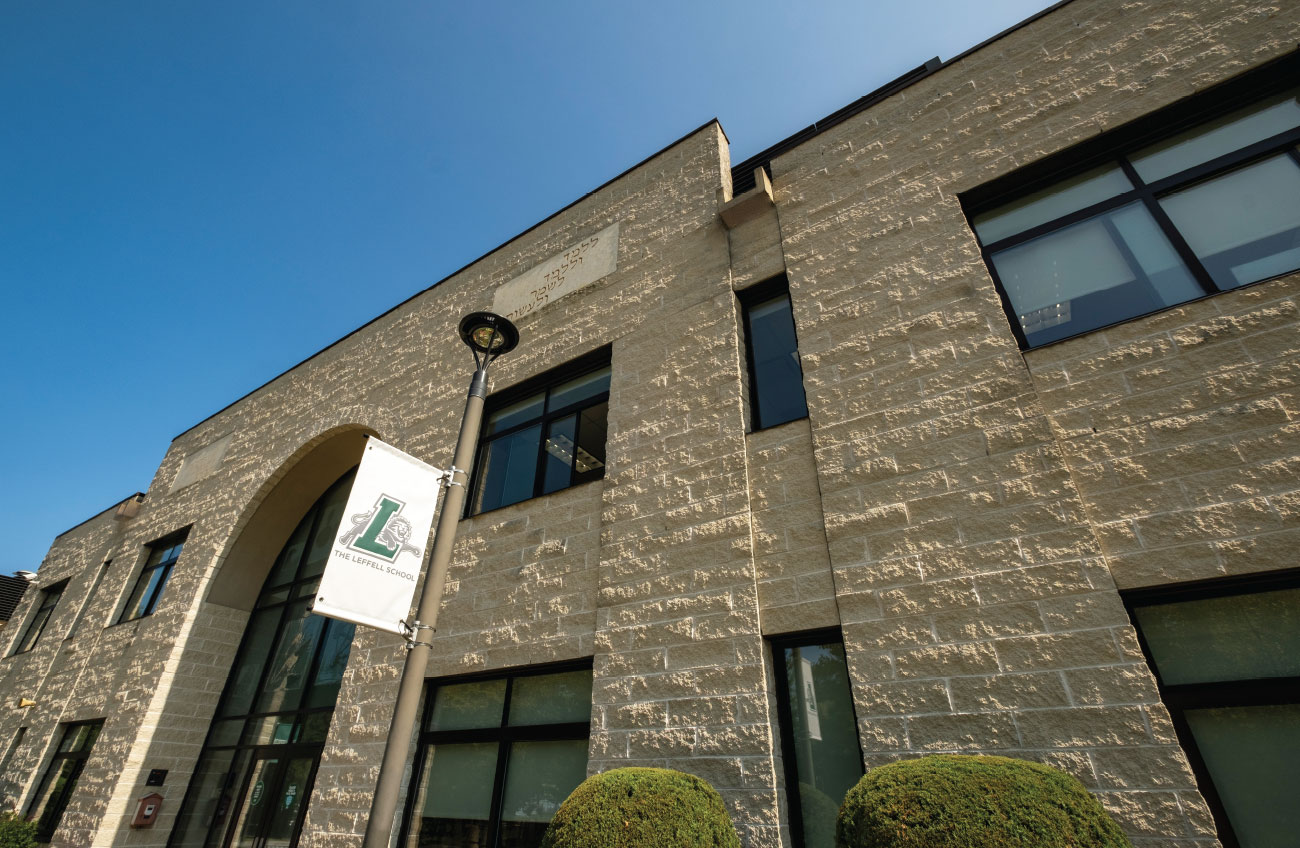
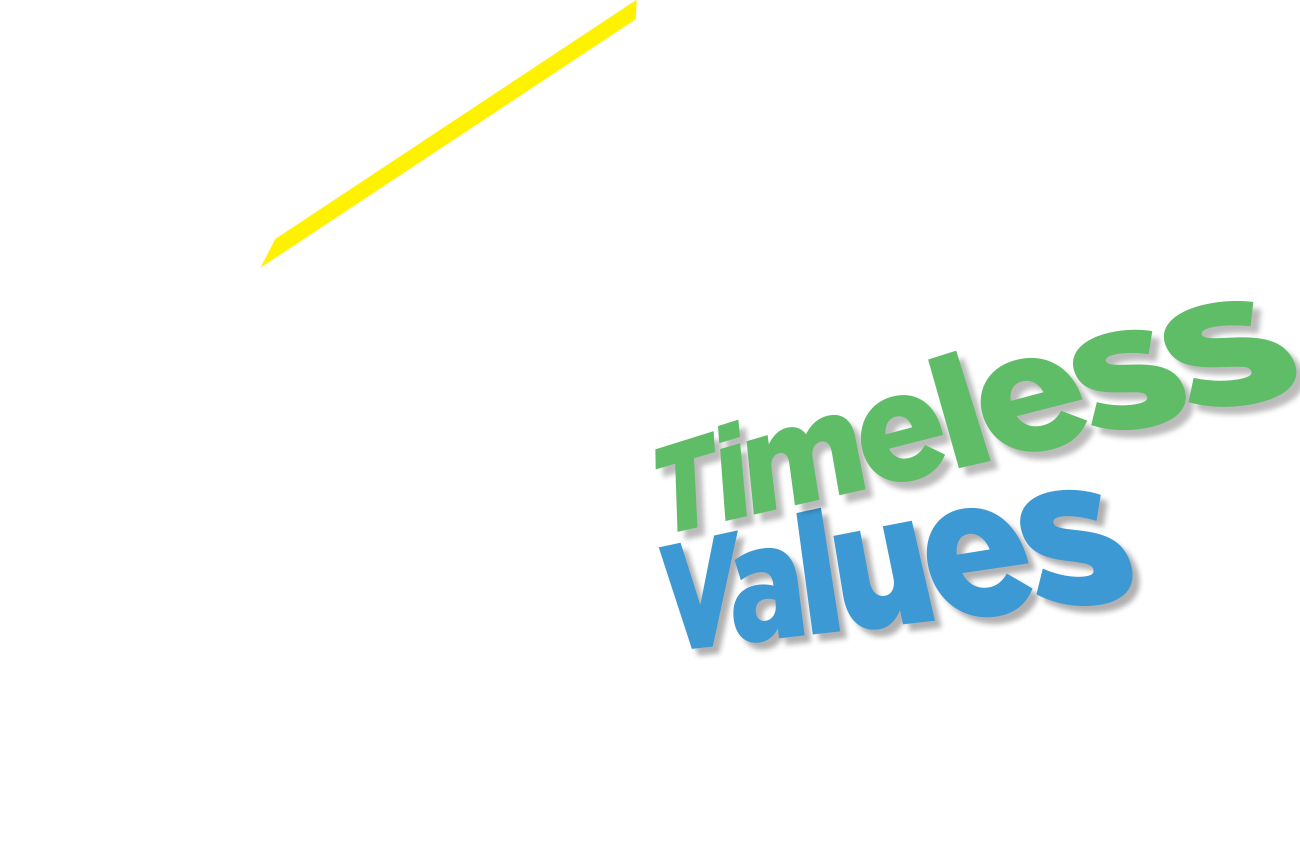
While many schools provide a quality secular and religious educational experience, The Leffell School’s unique focus on character education sets us apart from the field. Our innovative approach seamlessly weaves character education with academics, Judaic Studies, and experiential education, scaffolding them onto the K–12 experience so that students have a deeply ingrained desire to leave the world better than how they found it.
Creating mensches does not just occur by happenstance; we design our core educational program to advance this goal. I consider it among the most important work we do as educators.
MICHAEL KAY, Head of School
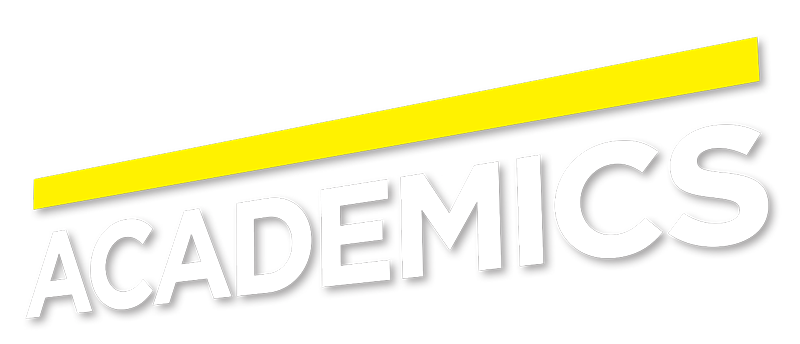
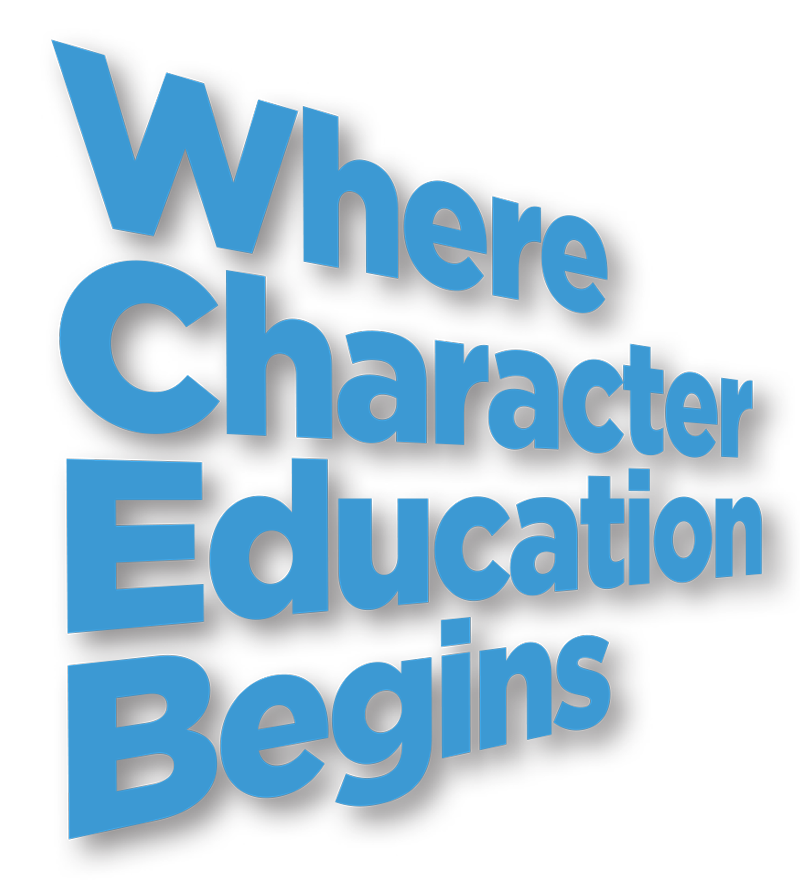
Lower School classes are organized around a “Responsive Classroom” model which provides an ideal platform for character building. “We believe that teaching kavod (respect) is at the core of our daily work,” says Lower School Principal Ilanit Hoory. Teachers use the Mifgash Boker (Morning Meeting) to introduce concepts such as kehilah (community), hodaya (giving thanks), ometz (courage to speak up), and shmirat halashon (words matter). Students also learn about chesed (acts of loving kindness) and participate in curriculum-based activities such as recycling markers and planting the school garden.

The 24 Character Strengths from the Via Institute on Character
In Middle School English Language Arts classes, students learn about 24 different character strengths such as fairness, honesty, and kindness. Teachers use writing instruction to illustrate that language can be a powerful tool, helping students build the skills to pose meaningful questions and express complex positions to effect positive change. When eighth graders study Elie Wiesel’s Night, their examination goes deeper than plot, instead focusing on the physical, mental, and spiritual resources humans rely on to survive horrible experiences and become contributing members of society.
Social Studies provides many opportunities for character education as well. A seventh grade unit on government focuses not just on structure, but on participation and the value of advocacy and citizenship. An eighth grade unit on the Civil Rights Era amplifies the voices of groups that are often marginalized, such as African Americans and immigrants. “Hearing other peoples’ stories and appreciating their challenges as our own helps us develop greater empathy and tolerance,” says Middle School Principal Amy Holtzer. Eighth graders also learn about the Holocaust through a curriculum shaped by the Facing History and Ourselves organization that teaches them about leadership and becoming an upstander in society.
High School English teachers use literature to build students’ empathy through text-to-self connections with fictional characters. When tenth graders read Chimamanda Ngozi Adichie’s Nigerian novel Purple Hibiscus, which features protagonists their own age, teachers guide them through discussions about unfamiliar religious practices and parent-child relationships to cultivate understanding. These topics allow students to engage in difficult conversations as they interact with the diversity of the world.
Engineering and Entrepreneurship (E²) students marry knowledge with empathy when they participate in the yearly Tikkun Olam Makers (TOM) Makeathon. High School seniors work with individuals with disabilities (“Need-Knowers”) to identify a personal challenge and create a technological solution to the problem. Their ideas take shape during the Makeathon, a two-day event in which all projects are built from start to finish. “We designed our partnership with TOM with character building in mind,” says Dr. Danny Aviv, Director of Engineering and Design. “It gives students the chance to put themselves in someone else’s shoes and engineer solutions that can really make a difference in their quality of life.”
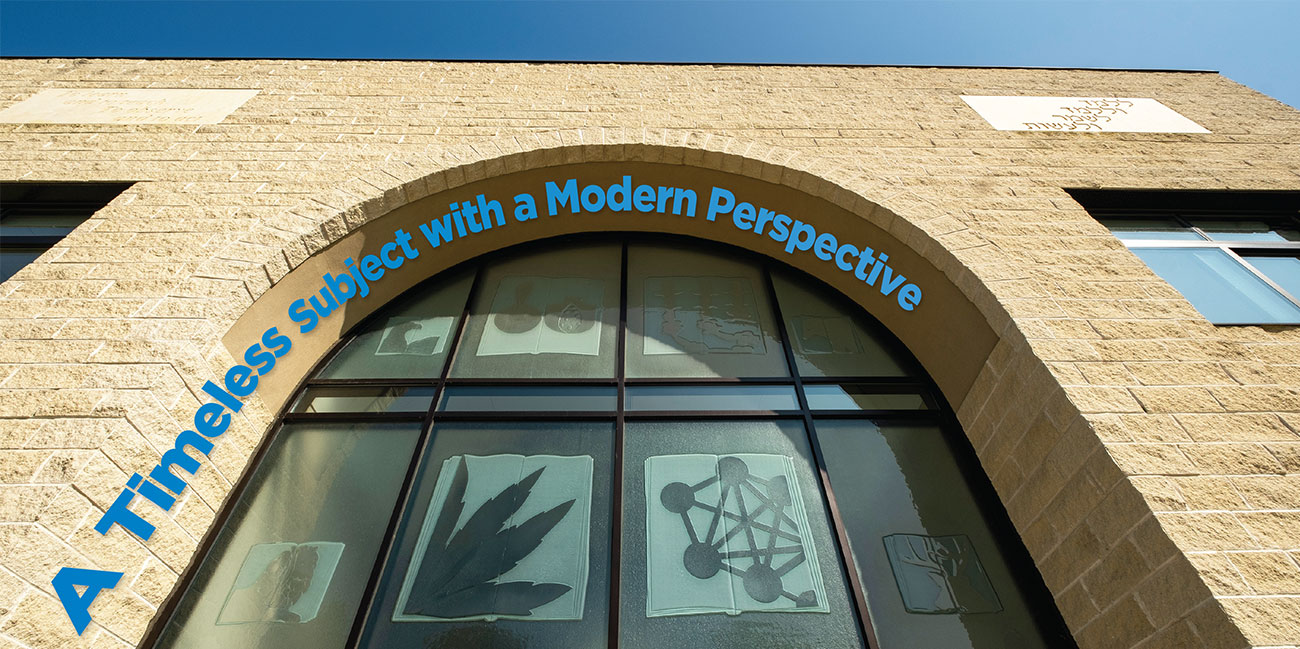

Leffell also infuses the study of Torah with character education. “Our students understand Chumash as a connection to our past while also making connections to the parashiyot (weekly Torah portions) in ways that are relevant to them in today’s world,” says Hoory. When studying Parashat Noach, students learn about the communication challenges presented by the Tower of Babel and practice collaboration techniques they can one day use on a sports team or in a boardroom. In studying Parashat Lech Lecha, students learn that Avram separated from Lot to keep peace, then try out strategies for resolving conflicts with peers.
The study of Tanakh provides additional fodder for character education throughout the K–12 spectrum. In third grade, the story of Abraham and his interactions with God and Sarah offers many different examples of how challenges can lead to character development. In sixth grade, a unit on the Golden Calf culminates with a student debate on how effective leaders must have the courage to balance what the people want with their knowledge of what the people need. When seventh graders study the Biblical narratives about the Israelites’ complaints in the wilderness, they focus on Moshe and his role as prophet, discussing the importance of open communication, how to deal with anger and disappointment, and how to ask for help. Eighth graders study the Ten Commandments through the lens of a just society, considering their own obligations to fulfill the value of supporting all members of the community. Students come back to this theme again in High School when they study Biblical Prophets like Amos and Isaiah, which leads to discussions about their role in promoting justice in contemporary society.
When studying Mishnah and Gemara, students learn not only about text and Jewish law, but also about issues of ethics and justice that remain relevant today. Associate Head of School Rabbi Harry Pell shares, “We study the laws around Bal Tashchit (avoiding needless waste), but the Gemara was assembled 1,500 years ago, so what are the implications for environmental issues today? Would the rabbis see recycling as a reshut (an option) or a chovah (an obligation)? What environmental causes should I use my voice to advocate for?”
Similarly, when students study the Talmudic origins of many of the tefilot (prayers) in Tractate Berachot and appreciate that “to pray” in Hebrew is a reflexive verb, it begs a series of questions. “If our tefilot recognize and thank God for clothing the naked, feeding the hungry, and answering those who call out in distress, to name just a few, then what does all of this ask of me?” says Pell. He has observed that the same students who study the deeper meaning of malbish arumim (God who clothes the naked) are quick to sign up for the Midnight Run club, which distributes clothing — and dignity — to the homeless.


In tenth grade, students spend months preparing for their trip to Washington, DC. In weekly, interactive sessions, they learn about poverty and homelessness, then develop or modify public policy proposals for alleviating these issues. When they arrive in our nation’s capital in the spring, they speak with homeless individuals and lobby a member of Congress or the Congressional staff. In twelfth grade, students travel to Poland and meet those recognized as Righteous Among the Nations. They also speak with local teenagers and walk through centuries of Jewish history, civilization, and loss. Later in their trip, while traveling in Israel, they engage with Israelis of all ideologies and backgrounds, as well as Palestinians.
Holidays offer another opportunity to infuse character building activities in a way that is unique to Leffell. According to Eighth Grade Dean and Director of Experiential Education Rena Sichel Rosen, “Many schools celebrate holidays with special programs; we incorporate chesed into all holiday programming. This includes preparing food for a soup kitchen’s Thanksgiving dinner, building sukkot for those in need throughout the community, going apple picking and then donating the apples for Rosh HaShanah packages for senior citizens, or creating art kits as Chanukah gifts for children in hospitals.”
Student leaders at Leffell help create programs for their peers to enhance school spirit and model chesed. For Shavruach (Spirit Week), eighth grade student leaders participate in a variety of ways. Some help choose a meaningful theme around which activities are designed such as “Be the Change You Want to See in the World” or “Enhancing Everyone’s Environment.” Others help design and execute a “carnival of activities” for the entire Middle School around the theme, while still others organize chesed activities to support various organizations throughout the community. “By providing opportunities for students to be leaders, we are developing their character in meaningful ways,” says Rosen.